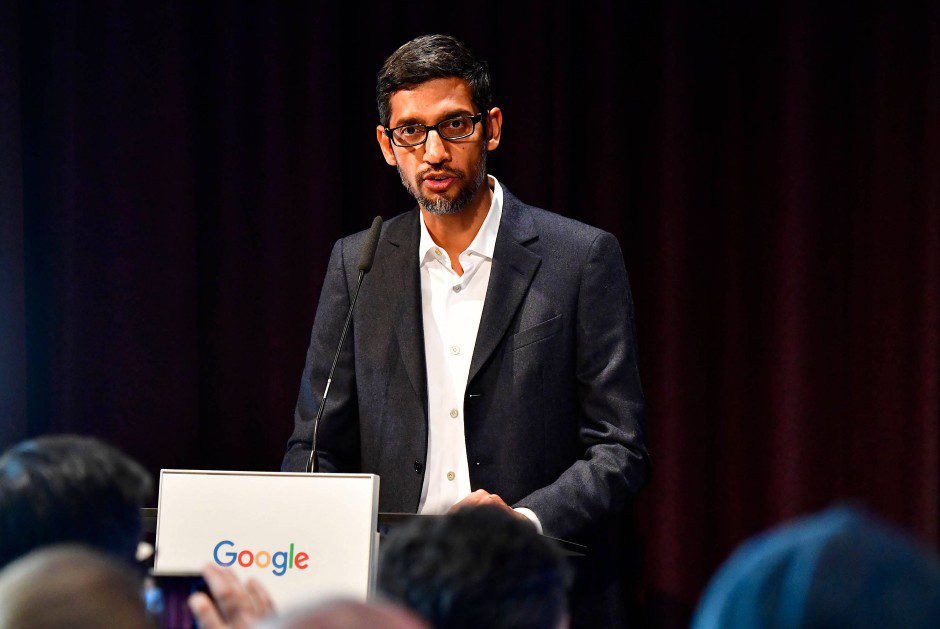During recent discussions—including an appearance on the Lex Fridman podcast—Google CEO Sundar Pichai revealed that AI now writes about 50% of new code at Google, up from roughly 25% in late 2024. This shift follows internal guidance issued across engineering teams and represents a deliberate move toward “agentic coding,” where AI not only assists but proactively generates and refines software code
Boosting Developer Efficiency and Quality
Google measures a 10% boost in developer productivity thanks to AI tools such as its internal model “Goose,” trained on decades of proprietary code. Engineers now spend less time on boilerplate tasks and more on complex problem-solving and system design. However, human oversight remains critical—every AI-generated code segment is reviewed and validated by engineers before integration
New Roles for Engineers
As AI takes on routine coding, engineer roles are evolving. Teams now focus on AI supervision, quality assurance, and strategic planning—tasks that require creativity and critical judgment. This transition aligns with broader industry trends, confirmed by reports that over 76% of developers globally are using AI tools, with 62% using them actively .
Balancing Speed with Control
While AI-generated code accelerates output, concerns remain about code quality and long-term maintainability. Studies show AI tools can introduce hard-to-find bugs and technical debt. Google’s firm guidance emphasizes maintaining rigorous review, security, and code hygiene standards 9to5Google.
What Lies Ahead for AI Writing Code at Google
Google’s investment in “agentic AI”—systems capable of autonomous multi-step development—is growing. Its DeepMind arm is now home to advanced agents like AlphaEvolve, capable of creating and improving algorithms over iterations. Google also acquired AI talent and tech from Windsurf in a $2.4 billion deal to build its Gemini suite and expand AI-powered coding further
Final Take
Google’s milestone—AI writing roughly 50% of its code—marks a turning point in how software is built. This transformation delivers higher productivity but demands careful oversight and skill shifts among engineers. As AI systems take on more “agentic” development roles, Google and the broader tech world are redefining the future of coding.



